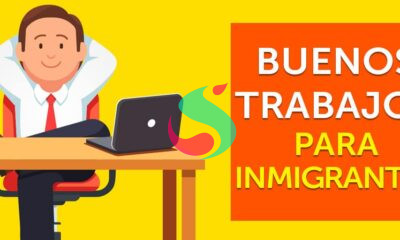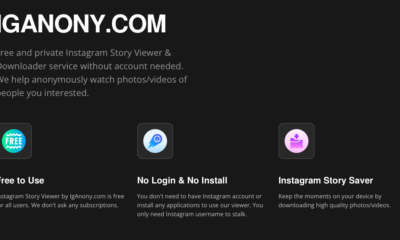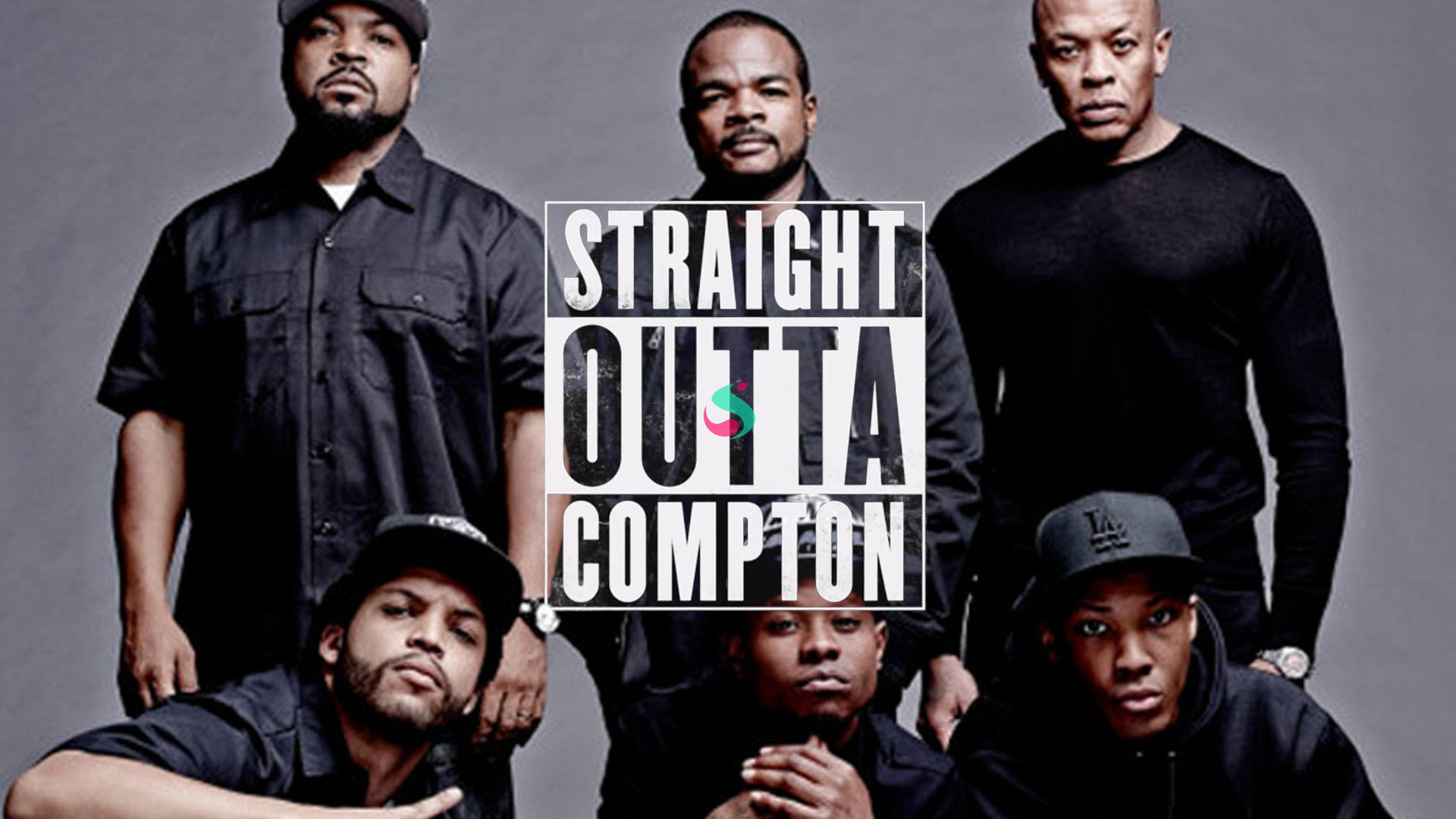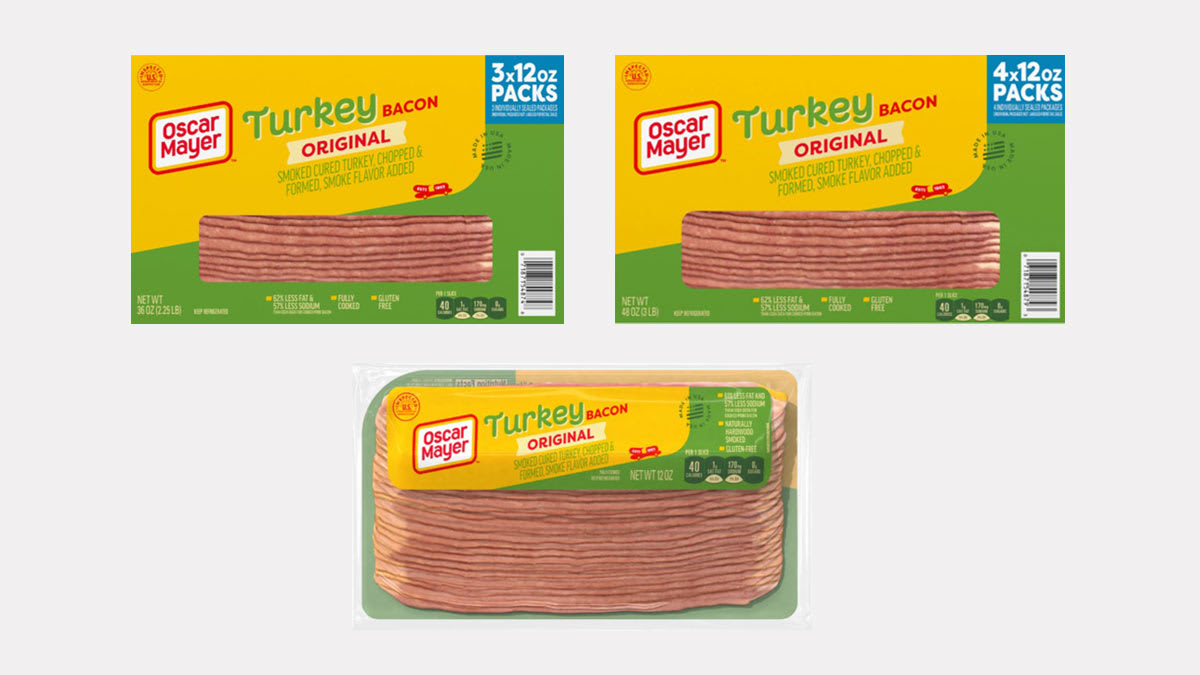Every bank in the United States must follow rules to stop bad money—like drug or terror money—from moving through the system. Bank of America, one of the biggest banks in the country, got in trouble recently for not following these rules properly. This article will explain why it happened and what it means for everyday people.
What Does BSA Mean and Why Should We Care?
The Bank Secrecy Act, or BSA, is a law made back in 1970. It helps stop criminals from hiding illegal money in the banking system. Think of it as a security guard for our money system. It makes sure banks check where money is coming from and where it’s going. The goal is to catch things like money laundering, terrorist funding, and fraud before they cause damage.
Banks have to file reports when they see strange activity. For example, if someone deposits $10,000 in cash often, the bank should check it out and maybe report it. These reports help the government catch crimes. If a bank doesn’t follow the BSA, it could let criminals hide money easily—and that’s a big risk for all of us.
Who Are the OCC and What Do They Do?
The Office of the Comptroller of the Currency (OCC) is a part of the U.S. Treasury Department. They make sure banks are doing their jobs right. The OCC watches over national banks like Bank of America, checking if they follow laws like the BSA.
The OCC looks at whether a bank has strong systems in place to stop crime. If a bank isn’t doing enough, the OCC can take action. They can fine the bank, give warnings, or even stop it from doing certain business until things are fixed.
What Went Wrong at Bank of America?
Bank of America got into trouble because the OCC found several problems with how it handled BSA rules. These weren’t small mistakes—they were serious deficiencies that had been going on for years.
The OCC said Bank of America didn’t have a strong enough system to detect money laundering and other suspicious activities. This can let bad actors move money without being caught.
Let’s break down the main issues that the OCC found.
Missing Checks on Bad Money
One of the most important parts of the BSA is monitoring suspicious transactions. Bank of America was supposed to catch red flags, like large or strange money movements. But the OCC said the bank missed many of these checks. That means illegal money could’ve flowed through the bank without anyone noticing.
This happened because the systems Bank of America used to find suspicious transactions weren’t working well enough. They either didn’t spot the problems or didn’t flag them in time. That’s a big issue, especially for one of the largest banks in the world.
Weak Systems and Mistakes
Another issue was the technology and systems the bank used. The OCC found that Bank of America had weak tools for spotting illegal activity. Imagine trying to find a needle in a haystack with your eyes closed—that’s how bad the systems were.
Also, some of the manual processes used by staff were outdated or just wrong. Mistakes happened in how they recorded and reviewed customer transactions. These errors made it even harder to detect illegal actions.
Not Enough Staff to Handle Alerts
Even when the system did raise red flags, there weren’t enough people to look into them. The OCC reported that Bank of America didn’t have enough trained employees to handle the huge number of alerts from suspicious activity.
Without proper staff, the alerts would pile up and go uninvestigated. This creates blind spots in the system and allows illegal transactions to slip by unnoticed.
What Happens When a Bank Breaks BSA Rules?
When a bank doesn’t follow BSA rules, it faces serious consequences. First, regulators like the OCC can issue something called a consent order. That’s like a warning letter that says: “Fix your problems or else.”
If the bank ignores the issues or doesn’t improve quickly, it can be fined millions—or even billions—of dollars. In the past, banks have had to pay huge penalties for similar violations.
For Bank of America, the OCC issued a formal consent order in 2024, demanding the bank fix its compliance systems. This doesn’t mean the bank is guilty of a crime, but it means the problems are big enough that the government had to step in.
What Bank of America Needs to Do Now
Now that the OCC has stepped in, Bank of America must act fast. It needs to upgrade its systems, train more staff, and make sure all rules are followed every single day.
The bank will also need to review old transactions to find any that were missed. If they find suspicious activity that wasn’t reported before, they must file reports right away.
On top of that, the bank has to work closely with the OCC to show progress. This means regular check-ins, submitting reports, and showing proof that their compliance program is getting better.
How This Affects People Like Us
You might wonder, “I’m just a regular person—how does this affect me?” Well, the answer is: it does, in several ways.
Bank May Get More Careful
To avoid more trouble, Bank of America will now look more closely at all transactions. That means you might notice more questions about your deposits, especially if they’re in cash or from overseas. The bank isn’t trying to bother you—they’re trying to avoid breaking the rules again.
Longer Wait Times
Because the bank has to check more things and follow stricter rules, it could lead to longer wait times when opening new accounts or transferring large amounts of money. They might also freeze accounts temporarily while they verify activities.
This is frustrating, but it’s meant to protect the whole banking system.
Can Other Banks Make the Same Mistake?
Yes. Bank of America isn’t the first big bank to get in trouble under the BSA—and it won’t be the last. In the past, banks like Wells Fargo, Citigroup, and HSBC have all faced penalties for BSA or AML (Anti-Money Laundering) issues.
This shows that no bank is too big to fail at compliance. The rules apply to all banks equally, and regulators are watching closely.
Thoughts — Why This Story Matters
This story matters because banks are a part of our everyday lives. We use them to save money, pay bills, and receive our salaries. If banks aren’t safe or don’t follow rules, it puts our money—and the whole economy—at risk.
The BSA is there to protect us from things we can’t always see, like money laundering or terrorist financing. When big banks like Bank of America fall short, it’s a warning sign for everyone. It shows why strong oversight, smart systems, and enough trained staff are important to keep the system working safely.
The Bottom Line
Bank of America got in trouble with the OCC because it didn’t do a good job of stopping suspicious money activity. The bank had weak systems, not enough staff, and missed warning signs—all of which are serious BSA violations.
Now, the bank must fix these problems or face bigger consequences. While these changes may slow down some banking services, they are important to protect the financial system from crime.
As customers, it’s good to know what’s happening. The more we understand about how banks are supposed to work, the better we can protect ourselves and our money. Always ask questions and stay informed—because when banks follow the rules, everyone benefits.

 Business7 months ago
Business7 months ago
 Life Style8 months ago
Life Style8 months ago
 Life Style7 months ago
Life Style7 months ago
 Games7 months ago
Games7 months ago
 Life Style8 months ago
Life Style8 months ago
 Life Style7 months ago
Life Style7 months ago
 Education8 months ago
Education8 months ago
 Life Style7 months ago
Life Style7 months ago







:max_bytes(150000):strip_icc()/Oscar-Mayer-Bacon-Recall-FT-BLOG0725-5487d56caf754cff912e871fc609878f.jpg)






